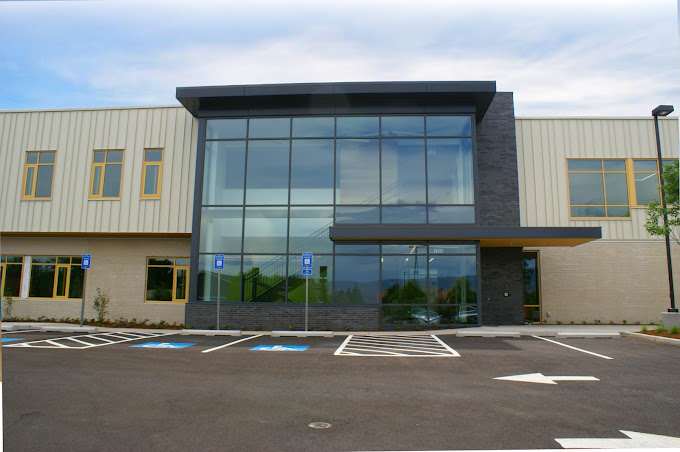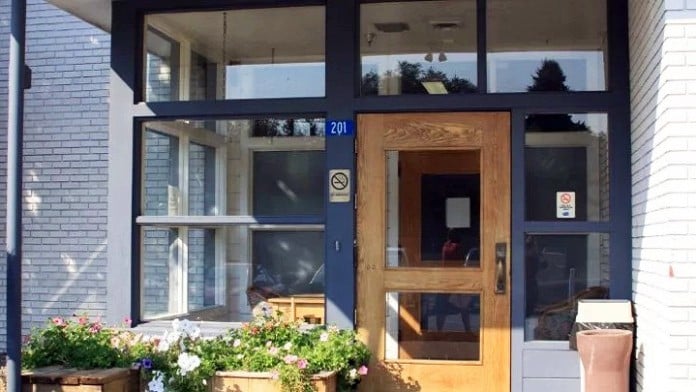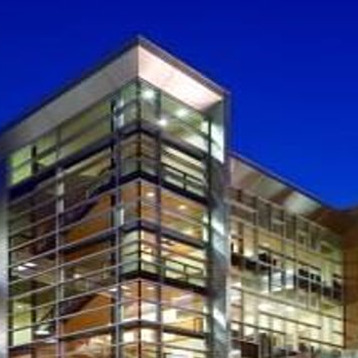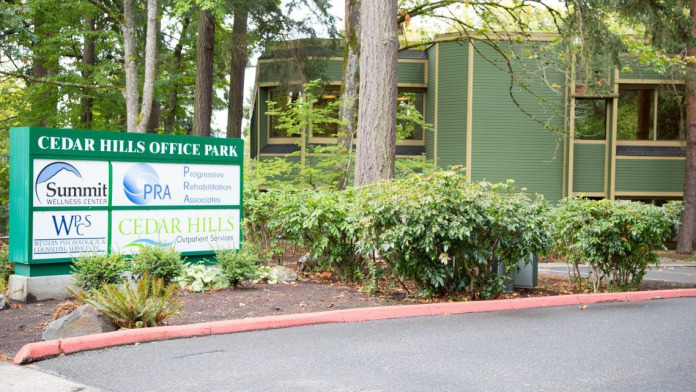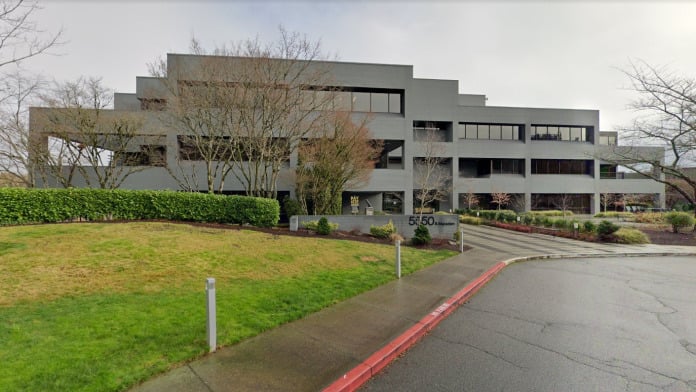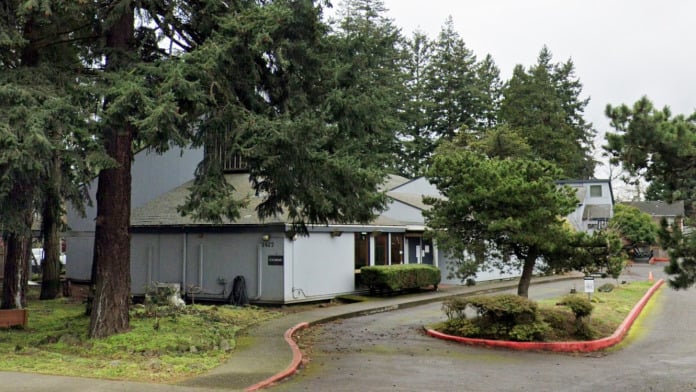About VA Portland Health Care System – Loren R. Kaufman Clinic
The Veterans Administration (VA) Health Care System includes the Loren R. Kaufman Clinic in The Dalles, Oregon. The clinic is a satellite of the Portland VA Medical Center in Portland, about 90 miles from the clinic. The Loren R. Kaufman Clinic is an outpatient treatment center open Monday through Friday from 8:00 a.m. to 4:00 p.m.
Veterans and military personnel can use their VA benefits in conjunction with other insurance, such as TRICARE, Medicaid or Medicare. They offer addiction and mental health treatment services, as well as primary care and some additional services.
Women Veteran Care in The Dalles, Oregon
I like that this clinic offers specialty women’s veteran care services. Services include disease screenings, pap smears and maternity care. Women can also get regular primary care services at this location.
Women veterans dealing with challenges from military sexual trauma can get assistance here. Trauma can sometimes cause individuals to use substances as a coping mechanism. The staff will provide mental health and substance use disorder (SUD) treatment targeted to these unique needs.
Returning Veterans Care
Many veterans have trouble readjusting to civilian life after serving in the military, which in some cases can lead to substance use disorder. This clinic’s treatment team can help you make the transition back to civilian life. The staff may be able to assist you with employment, housing and transportation.
Loren R. Kaufman Clinic is conveniently located near many beautiful natural attractions, such as the Columbia River, The Dalles Dam and Mount Hood. These can be great places to relax in between treatment sessions.
They offer polytrauma care for service members who have sustained multiple traumatic injuries. Additionally, clients can receive counseling and rehabilitation, family benefits counseling and assistance in obtaining benefits. You’ll be connected with a coordinator to help you navigate through the services.
Rehab Score
Gallery
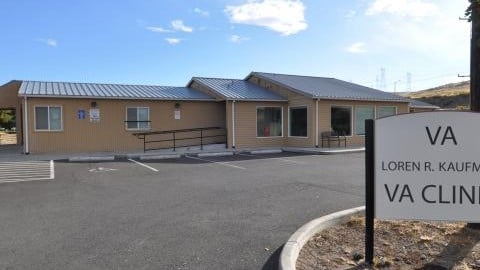
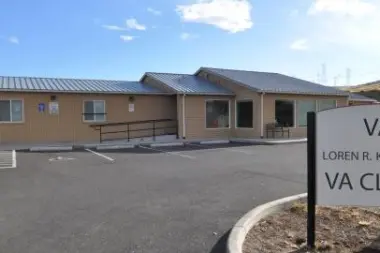
Accepted Insurance
Other Forms of Payment
Self-pay involves paying for treatment out of your own pocket. You can use savings or credit, get a personal loan, or receive help from family and friends to fund your treatment. If you don't have insurance or your insurance plan doesn't cover a specific program, self-pay can help ensure you still get the care you need.
Military members, veterans, and eligible dependents have access to specific insurance programs that help them get the care they need. TRICARE and VA insurance can help you access low cost or no cost addiction and mental health treatment. Programs that accept military insurance often have targeted treatment focused on the unique challenges military members, veterans, and their families face.
Private insurance refers to any kind of healthcare coverage that isn't from the state or federal government. This includes individual and family plans offered by an employer or purchased from the Insurance Marketplace. Every plan will have different requirements and out of pocket costs so be sure to get the full details before you start treatment.
Medicaid is a state based program that helps lower-income individuals and families pay for healthcare. Medicaid covers addiction treatment so those enrolled can use their coverage to pay for rehab. When a program accepts Medicaid the client often pays very little or nothing out of their own pocket.
Medicare is a federal program that provides health insurance for those 65 and older. It also serves people under 65 with chronic and disabling health challenges. To use Medicare for addiction treatment you need to find a program that accepts Medicare and is in network with your plan. Out of pocket costs and preauthorization requirements vary, so always check with your provider.
Addiction Treatments
Levels of Care
Outpatient Programs (OP) are for those seeking mental rehab or drug rehab, but who also stay at home every night. The main difference between outpatient treatment (OP) and intensive outpatient treatment (IOP) lies in the amount of hours the patient spends at the facility. Most of the time an outpatient program is designed for someone who has completed an inpatient stay and is looking to continue their growth in recovery. Outpatient is not meant to be the starting point, it is commonly referred to as aftercare.
Completing a drug or alcohol rehab program shouldn't spell the end of substance abuse treatment. Aftercare involves making a sustainable plan for recovery, including ongoing support. This can include sober living arrangements like halfway houses, career counseling, and setting a patient up with community programs like Alcoholics Anonymous (AA) or Narcotics Anonymous (NA).
Treatments
Mental health rehabs focus on helping individuals recover from mental illnesses like bipolar disorder, clinical depression, anxiety disorders, schizophrenia, and more. Mental health professionals at these facilities are trained to understand and treat mental health issues, both in individual and group settings.
Programs
Adult rehab programs include therapies tailored to each client's specific needs, goals, and recovery progress. They are tailored to the specific challenges adult clients may face, including family and work pressures and commitments. From inpatient and residential treatment to various levels of outpatient services, there are many options available. Some facilities also help adults work through co-occurring conditions, like anxiety, that can accompany addiction.
Serving in the military is both mentally and physically challenging, and can result in trauma that persists even after combat ends. Military programs are tailored to the specific and often complex needs of active duty personnel, veterans, and military families. Clients often access these programs through the U.S. Department of Veterans Affairs (VA).
Young adulthood can be an exciting, yet difficult, time of transition. Individuals in their late teens to mid-20s face unique stressors related to school, jobs, families, and social circles, which can lead to a rise in substance use. Rehab centers with dedicated young adult programs will include activities and amenities that cater to this age group, with an emphasis on specialized counseling, peer socialization, and ongoing aftercare.
Clinical Services
Whether a marriage or other committed relationship, an intimate partnership is one of the most important aspects of a person's life. Drug and alcohol addiction affects both members of a couple in deep and meaningful ways, as does rehab and recovery. Couples therapy and other couples-focused treatment programs are significant parts of exploring triggers of addiction, as well as learning how to build healthy patterns to support ongoing sobriety.
Research clearly demonstrates that recovery is far more successful and sustainable when loved ones like family members participate in rehab and substance abuse treatment. Genetic factors may be at play when it comes to drug and alcohol addiction, as well as mental health issues. Family dynamics often play a critical role in addiction triggers, and if properly educated, family members can be a strong source of support when it comes to rehabilitation.
Group therapy is any therapeutic work that happens in a group (not one-on-one). There are a number of different group therapy modalities, including support groups, experiential therapy, psycho-education, and more. Group therapy involves treatment as well as processing interaction between group members.
In individual therapy, a patient meets one-on-one with a trained psychologist or counselor. Therapy is a pivotal part of effective substance abuse treatment, as it often covers root causes of addiction, including challenges faced by the patient in their social, family, and work/school life.
Staff & Accreditations
Staff
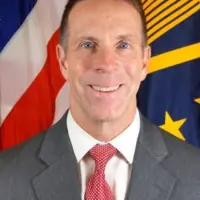
David Wood
Interim Medical Center Director
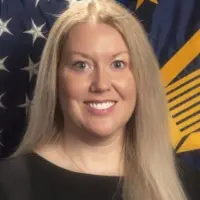
Karla Azcuy, MHA, FACHE
Deputy Director
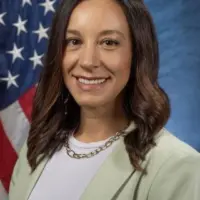
Brittany Palaniuk
Acting Associate Director
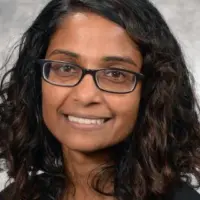
Sahana Misra, MD
Chief of Staff

David Kagen
Deputy Chief of Staff
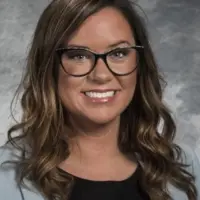
Jessica Flanary
Deputy Chief Nurse Executive
Accreditations

The Joint Commission, formerly known as JCAHO, is a nonprofit organization that accredits rehab organizations and programs. Founded in 1951, the Joint Commision's mission is to improve the quality of patient care and demonstrating the quality of patient care.
Joint Commission Accreditation: Yes
Accreditation Number: 4569
Contact Information
704 Veterans Drive
The Dalles, OR 97058
